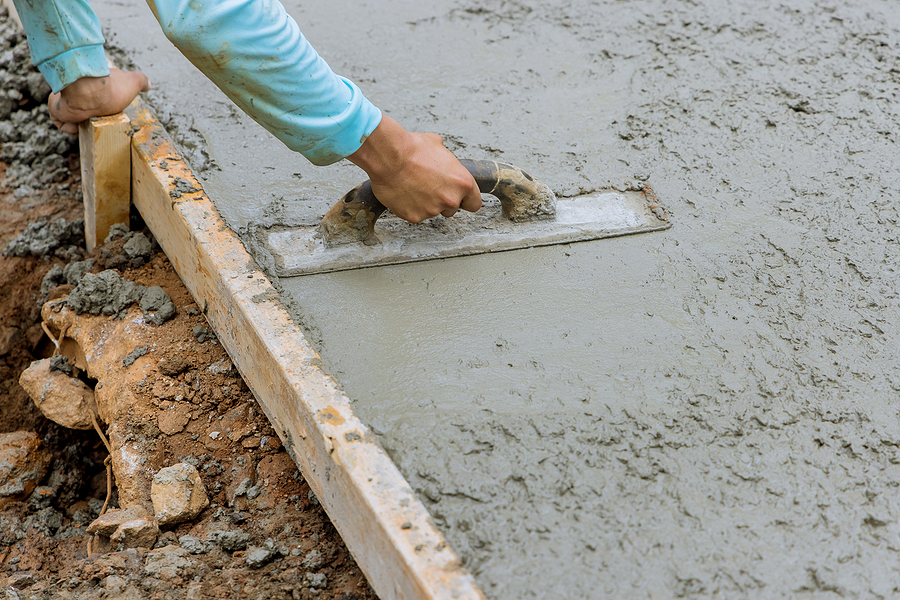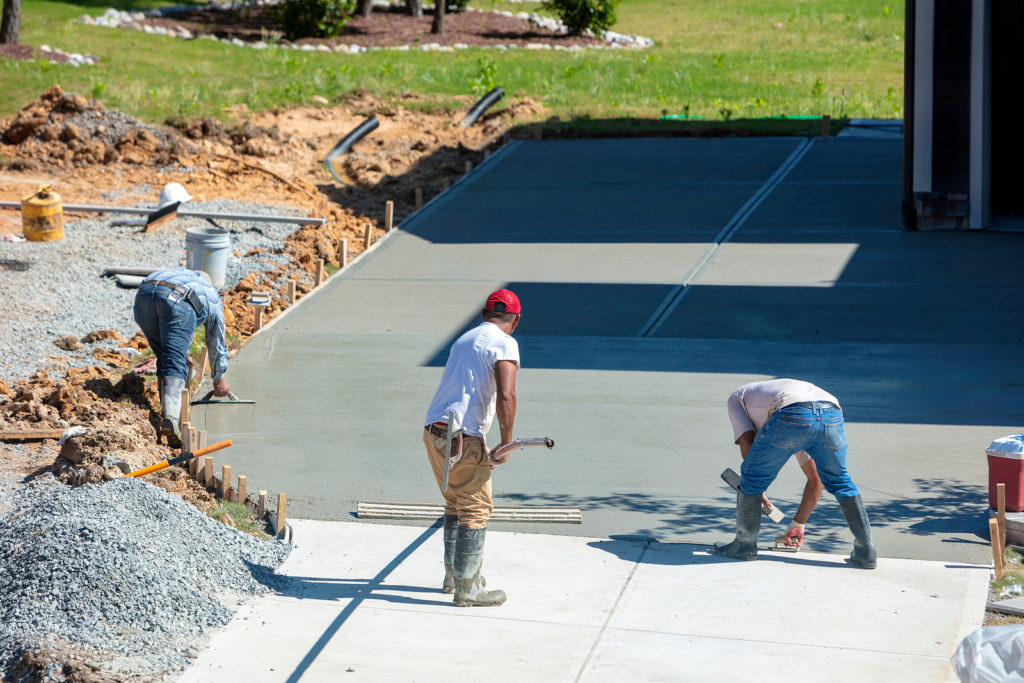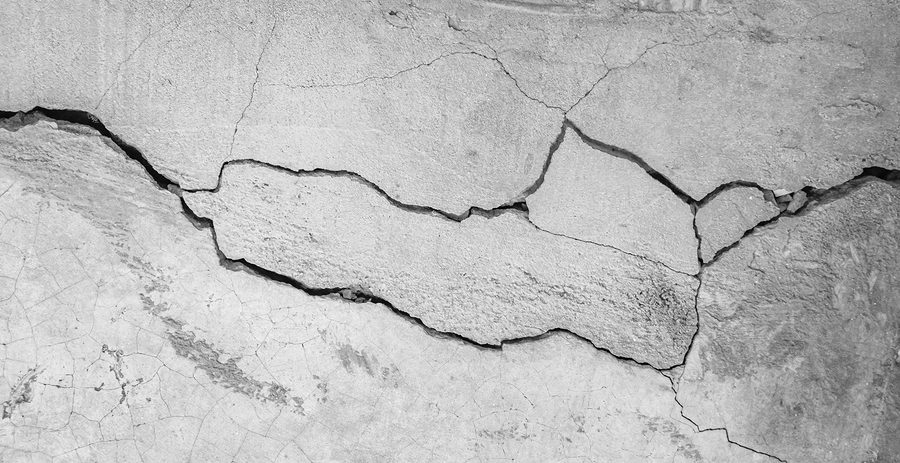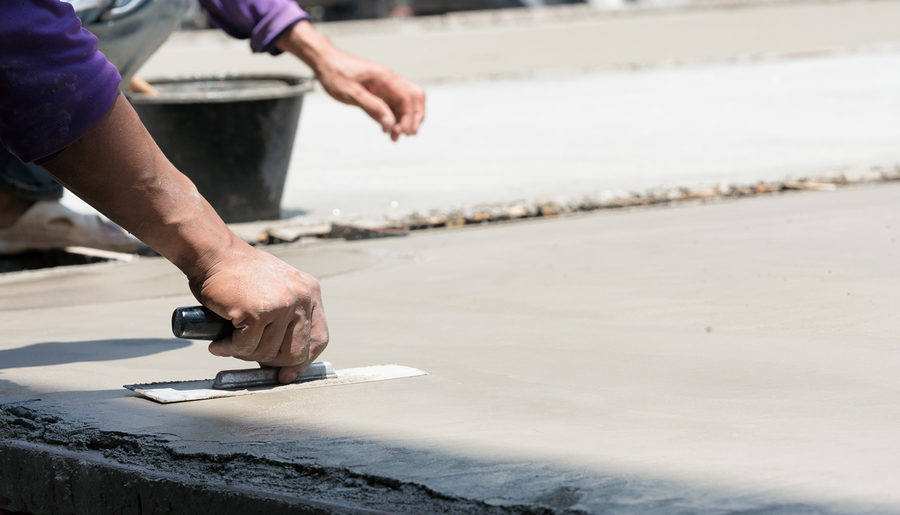There are several reasons why it is important to hire a professional paving contractor for any type of concrete slab work. In fact, the most common mistakes made by those who choose the “do-it-yourself” approach are the very reasons why qualified concrete service is so critical to the outcome of a paving project. So, if you are a property owner who is considering a DIY concrete slab pouring project, be sure you are fully informed before getting started.
Continue reading to learn the top four mistakes made when pouring concrete slab. These common errors might just change your mind about do-it-yourself concrete work and bring you to the conclusion that licensed and bonded concrete installation is the best route to take.

DIY Concrete Slab Mistakes
Even the most experienced handyman or home improvement buff is better-off hiring a professional Indianapolis paving company for any type of slab work. Without the proper resources, a person can have a lot of trouble pouring concrete on their own, and a low chance at achieving quality results. This includes the proper tools and materials, specialized equipment, and a sufficient team of helpers. In addition to the proper tools and resources, adequate training and hands-on experience is essential to pouring concrete slabs skillfully.
Here are four common mistakes made when pouring concrete slab:
Site Preparation ▶ Pouring concrete is a complex job that requires a significant amount of preparation. Those without experience often overlook the importance of proper site preparation. For concrete can be poured, the site must be perfectly level and thoroughly compacted. In most cases, this requires preliminary site excavation work. Depending on the quality of your work site’s surface, various adjustments may be needed to achieve a good outcome.
Concrete Mixing ▶ Another common mistake made by novice concrete installers is improperly mixing the concrete or using the wrong type altogether. Even the mix is only slightly off balance, it is worthless and shouldn’t be used. Also, not all concrete projects call for the same type of concrete mix, so it is important to differentiate products from one another. Using the wrong concrete would be disastrous to your project, not to mention a huge waste of your money and effort.
The Weather ▶ Very few people consider the weather before starting a concrete installation job, which is highly influential to the overall project. If weather is hot, cold, or wet, certain precautions and adjustments must be made in order to achieve the proper results. So failing to check the weather report before scheduling a concrete slab work day can be a huge setback.
Finish Work ▶ It is very common to forget the finish work required for pouring concrete slab. Before it’s finished, it needs to be screeded, edged, and floated. Failing to do so will result in a bubbly, uneven surface. If this is not completed, then the entire project is essentially a waste of time, money, and effort. This goes for any project that is only done halfway.
Do you have questions about your commercial concrete paving plans? Contact ACI Asphalt and Concrete at 317-549-1833 for professional commercial and industrial concrete paving in Indianapolis, Indiana. We also serve municipal clients.
Related Posts:
FAQS About Commercial Concrete Overlays
Important Ground Reinforcement Tips
Are Your Concrete Sidewalks Heaving or Sinking?




